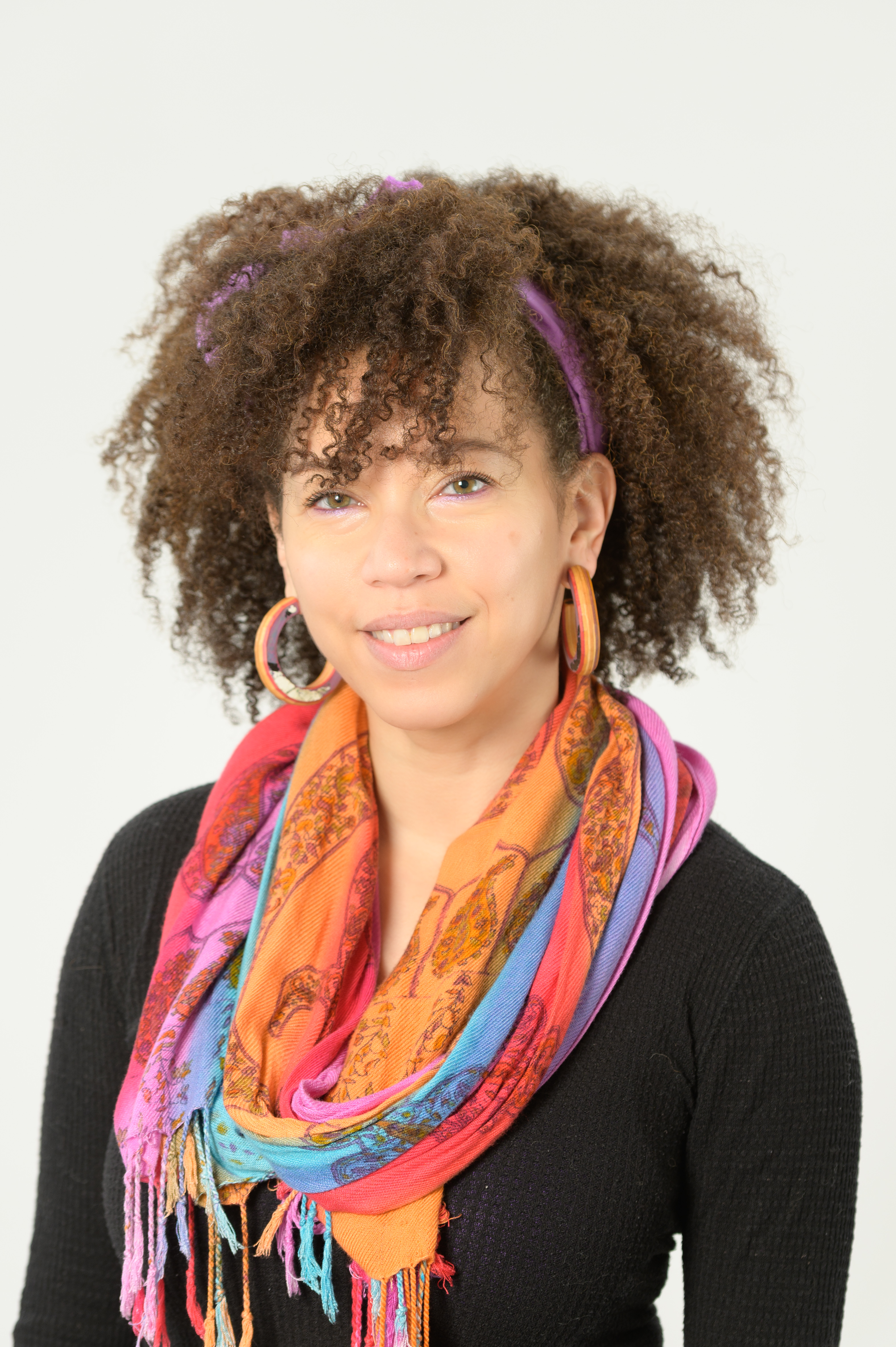Host Microbe Symbiosis Unit
Established in 2022
Portia Gough, Ph.D.
Chief, Host Microbe Symbiosis Unit
Independent Research Scholar

Major Areas of Research
- Host-microbe interactions
- Role of commensal bacteria in homeostasis
- Toll-like Receptor (TLR) signaling in interactions with commensal bacteria
- Effects of microbiota in innate immune regulation at barrier sites
- Protective effects of microbiota during infection
Program Description
It is well known that the microbiome plays a role in almost every aspect of human physiology, yet much remains to be understood about the specific mechanisms of how commensal microbes affect human cellular function. The Host Microbe Symbiosis unit focuses on such mechanisms, with a particular focus on innate immune signaling and homeostasis at barrier sites such as the skin. Although the immune system likely expends most of its energy interacting with the multitude of organisms that occupy the human body, our knowledge of these interactions and how they influence the function of the immune system remains fairly limited.
As allergic and autoimmune diseases and antibiotic-resistant infections become more common, it becomes increasingly necessary for us to better understand how commensal microbes shape immunity and homeostasis. The overarching principle of our research is that commensal organisms influence innate immune signaling at barrier sites via interactions with epithelial and immune cells and direct competition with pathogens. Therefore, understanding both the signaling between commensals and human cells and microbial interspecies interactions can lead to the development of targeted microbial therapeutics that reduce susceptibility to infection and maintain optimal function of barrier sites in the body.
One such targeted microbial therapeutic is Roseomonas mucosa. This commensal skin bacteria was developed as a topical probiotic for atopic dermatitis by Dr. Ian Myles, also of the Laboratory of Clinical Immunology and Microbiology. R. mucosa serves as a model for how microbes can be used to effectively treat dysbiotic disease and restore optimal function to the skin, and it is the focus of our research thus far in the Host Microbe Symbiosis Unit. Our research is defining the mechanisms by which R. mucosa mediates immune regulation and supports homeostasis of the skin, particularly through its interaction with TLR5 and its bacteriostatic effects on Staphylococcus aureus. These studies provide a framework for future studies of other host-commensal interactions.
The main techniques utilized in our study of host-commensal interactions are in vitro modeling with primary human cells, mouse models, quantitative proteomics, and various immunoassays to evaluate the interaction in three areas: initial contact of the microbe with host tissue (adhesion), downstream signaling from the activated receptor (e.g., TLR5), and the outcomes of the activated signaling pathway (cytokine, chemokine, antimicrobial peptide production, cell proliferation). A particular focus of the lab is that the downstream effects of interaction between commensal bacteria and TLRs appear to differ from the activation of TLRs by pathogen-derived ligands in a way that likely fine-tunes inflammatory responses for the host.
Biography
Education
Ph.D., 2017, University of Chicago, Chicago, Illinois
Dr. Gough began her graduate studies at the University of Chicago in 2010, joining the lab of Drs. Olaf Schneewind and Dominique Missiakas, where her research focused on the development of an immunocompromised model of infection with Staphylococcus aureus (S. aureus) for the purpose of vaccine development. She also studied the function of surface adhesins of S. aureus. In 2013, Dr. Gough joined the Graduate Partnership Program (GPP) with an independent partnership between the University of Chicago and NIAID.
While in the GPP, she completed her thesis work on the responses of human neutrophils to S. aureus under the mentorship of Dr. Sandip Datta. After completing her Ph.D. in microbiology in 2017, she began postdoctoral training at the Center for Biologics Evaluation and Research at the FDA, where she studied pathogen reduction technologies for blood transfusion units. In 2020, Dr. Gough returned to NIAID to undergo further postdoctoral training with Dr. Ian Myles in the Epithelial Therapeutics Unit, where she began her mechanistic studies of R. mucosa. Dr. Gough received an Independent Research Scholar award in 2022 and formed her own research group to expand her studies of R. mucosa.
Selected Publications
- Gough P, Khalid MB, Hartono S, Myles IA. Microbial manipulation in atopic dermatitis. Clin Transl Med. 2022 Apr;12(4):e828.
- Gough P, Myles IA. Tumor Necrosis Factor Receptors: Pleiotropic Signaling Complexes and Their Differential Effects. Front Immunol. 2020 Nov 25;11:585880.
- Alishahedani ME, Yadav M, McCann KJ, Gough P, Castillo CR, Matriz J, Myles IA. Therapeutic candidates for keloid scars identified by qualitative review of scratch assay research for wound healing. PLoS One. 2021 Jun 18;16(6):e0253669.
- Gough P, Getz T, De Paoli S, Wagner S, Atreya C. Analysis of the mechanism of damage produced by thiazole orange photoinactivation in apheresis platelets. Blood Transfus. 2021 Sep;19(5):403-412.
- Gough P, Ganesan S, Datta SK. IL-20 Signaling in Activated Human Neutrophils Inhibits Neutrophil Migration and Function. J Immunol. 2017 Jun 1;198(11):4373-4382.
- Rauch S, Gough P, Kim HK, Schneewind O, Missiakas D. Vaccine protection of leukopenic mice against Staphylococcus aureus bloodstream infection. Infect Immun. 2014 Nov;82(11):4889-98.

